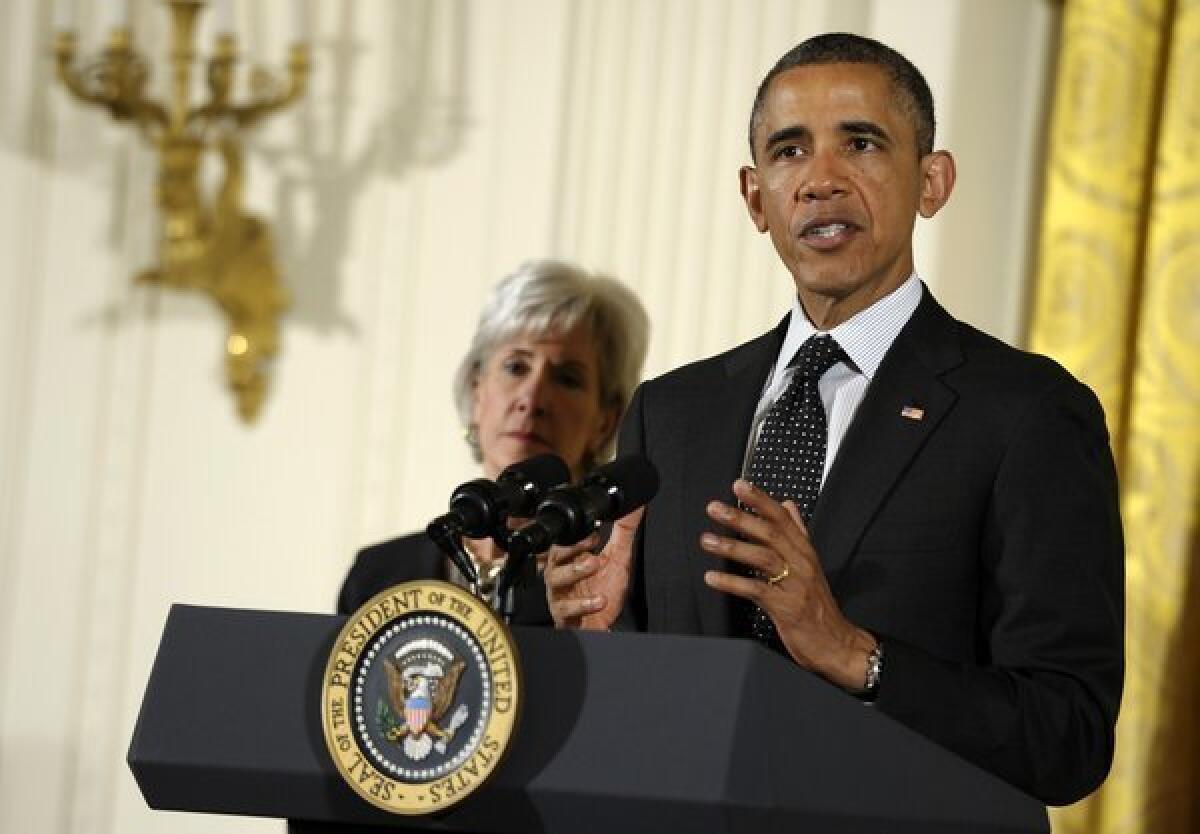Daily Caller reporter to mentally ill: Stop faking it

“The brain is a body part too,” President Obama said in a speech Monday in which he urged Americans to embrace those struggling with mental illness. Sounds like an innocent enough proposal, right? Like victims of cancer or diabetes, those whose suffering starts in the brain have a claim to public support.
Not so for the Daily Caller’s Neil Munro, who thinks he’s protecting taxpayers from a government PR scheme designed to enrich the mental health industry and sap patients of their resolve. “President Barack Obama urged depressed, stressed, and disturbed Americans to depend on the U.S. government’s growing corps of taxpayer-funded mental health professionals,” Munro warned. Sad people are better off relying on traditional American strategies: “hard work, marriage, prayer, and personal initiative.” Pray away the gay, marry away the depression.
Munro’s wrong to suggest that mentally ill patients who seek treatment are draining largely public funds; as Slate’s Emma Roller noted, most patients treated for mental illness are covered by private insurance. But that’s only the surface of Munro’s real problem with mental illness. He thinks it’s an invented disease:
In recent decades, the professionals have broadened the definition [of mental illness] from severe, distinct, and rare ailments, such as schizophrenia and compulsive behavior, to include a much wider set of personal troubles.
These problems include stress and sadness, which are medically dubbed “anxiety” and “depression” by professionals.
Does Munro screen all medical mishaps for severity and rareness before he designates them real illnesses?
It’s tempting to dismiss Munro’s comments as talk from the paranoid fringe. But he’s not alone in speaking of the mentally ill as a problem rather than victims of a problem.
In response to the December 2012 school shootings in Newtown, Conn., the NRA’s Wayne LaPierre called for a registry of people with mental illness, complaining that “we have no national database of these lunatics.” Even the White House initially described its mental health conference as part of a post-Newtown violence reduction plan, an association that emphasizes the bad that sick people do rather than the bad that’s fallen on them, and risks discouraging people from seeking help.
In fact, people with mental illnesses are more likely to be the victims of violence than they are to hurt others. The White House changed course and didn’t mention Newtown on Monday, apparently ceding to the wishes of mental health advocates who urged Obama to decouple gun violence from mental health.
As Obama understood in his speech, we should care about sick people because they’re sick, not because of a few high-profile associations with large-scale tragedy. This is right, and research shows it’s also more effective. Early outreach to patients whose psychosis hasn’t yet advanced far enough to provoke safety concerns has been shown to reduce the incidence of mental illness.
How we talk about mental illness has consequences, among them VA hospitals callously turning away sick veterans and kids hesitating to ask for help. People like Munro are right that mental health diagnosis is difficult. But resistance to vigorous mental health treatment often has a different origin: a prejudice that diseases of the mind aren’t real.
ALSO:
On DNA, Supreme Court goes too far
Malibu residents: Not in my front beach
Twitter: @benjmueller
More to Read
A cure for the common opinion
Get thought-provoking perspectives with our weekly newsletter.
You may occasionally receive promotional content from the Los Angeles Times.










